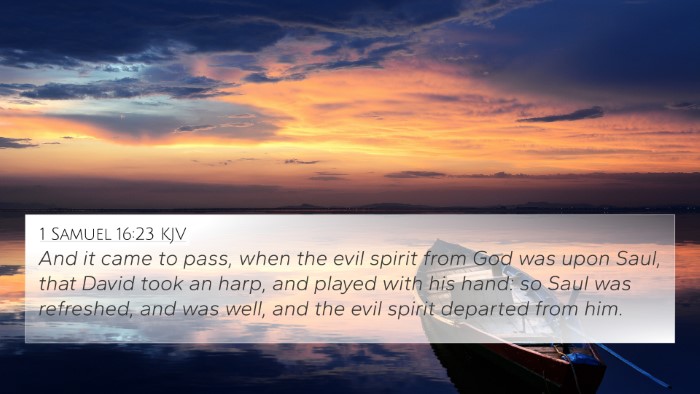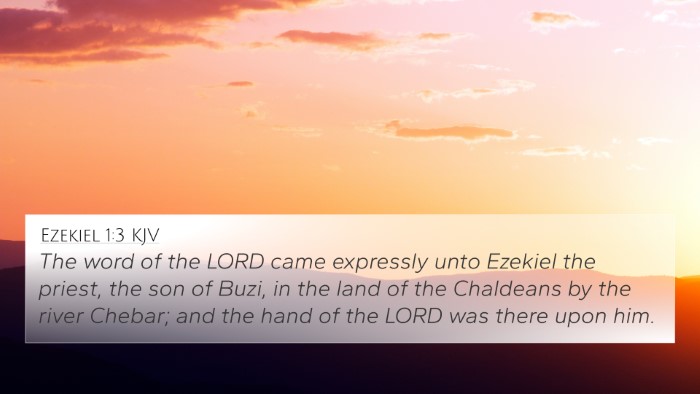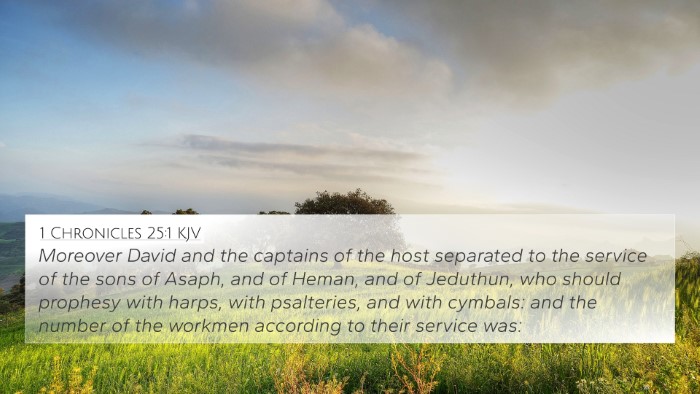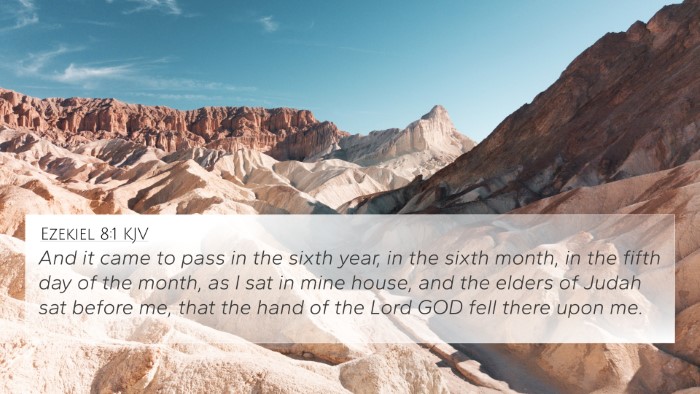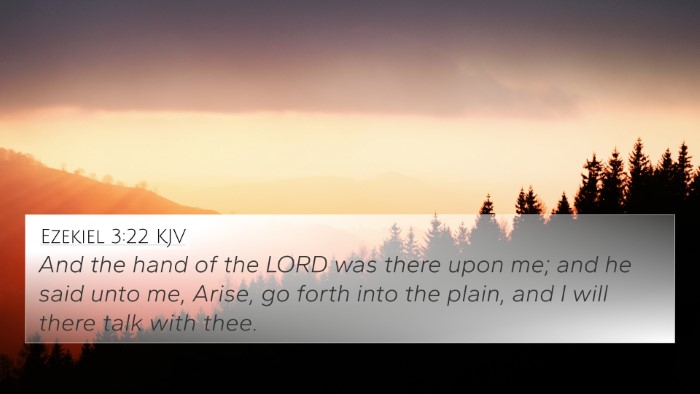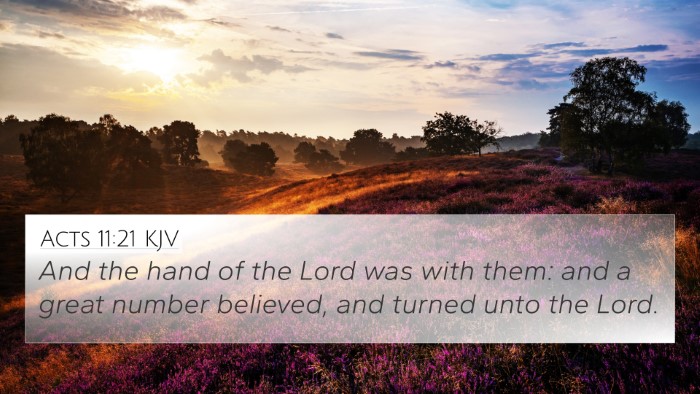Understanding 2 Kings 3:15
2 Kings 3:15 states: "But now bring me a musician." And it happened, when the musician played, that the hand of the LORD came upon him. This verse captures a pivotal moment in the life of Elisha, the prophet, illustrating the power of music and its connection to divine inspiration.
Contextual Overview
The context of 2 Kings 3:15 involves three kings—the kings of Israel, Judah, and Edom—who sought Elisha’s counsel during a military campaign against Moab. Faced with despair and uncertainty, they turned to the prophet for guidance from God.
Commentary Insights
Matthew Henry's Commentary
Henry emphasizes the role of the musician in enhancing the spiritual atmosphere. He suggests that music can prepare the heart for receiving divine messages. Music, in this context, serves as a catalyst for the prophetic word, illustrating the importance of worship and praise in accessing God's presence.
Albert Barnes' Notes
Barnes notes that Elisha’s request for a musician was a deliberate act to invite the Holy Spirit's influence. He explains that the hand of the Lord signifies divine empowerment, highlighting that spiritual truths can be revealed and understood through the proper use of sound and worship.
Adam Clarke's Commentary
Clarke provides insight into the nature of prophetic inspiration. He asserts that music is a means through which the prophet was encouraged and inspired. Clarke also talks about the historical significance of musicians in Israel’s worship, underscoring music's role in leading individuals toward spiritual experiences.
Thematic Bible Verse Connections
- 1 Samuel 10:5 - "After that you shall come to the hill of God...and there will be a company of prophets..." Illustrates the importance of prophetic music in spiritual contexts.
- Psalms 150:3-5 - "Praise Him with trumpet sound; praise Him with harp and lyre!" Emphasizes the significance of music in worship and invoking God's presence.
- 1 Chronicles 25:1 - "David and the chiefs of the service also set apart for the service the sons of Asaph..." Shows the historical role of music in prophetic ministry.
- 2 Chronicles 20:21-22 - "When they began to sing and praise, the LORD set ambushes against the men of Ammon..." Highlights the power of worship in bringing about divine intervention.
- Acts 16:25 - "About midnight Paul and Silas were praying and singing hymns to God..." Connects music with God’s presence and miraculous occurrences in the New Testament.
- Colossians 3:16 - "Let the word of Christ dwell in you richly, teaching and admonishing one another in psalms and hymns..." Reinforces the idea that music plays a vital role in spiritual life and edification.
- Ephesians 5:19 - "Speaking to one another in psalms and hymns and spiritual songs..." Stresses the communal aspect of music as a medium of spiritual dialogue.
Cross-Referencing Biblical Texts
In studying 2 Kings 3:15, one can explore various connections that enrich understanding:
- Bible Verse Cross-References: The value of music as a spiritual tool is echoed throughout scripture, enhancing the understanding of how God interacts with His people through different mediums.
- Thematic Bible Verse Connections: By examining the role of music in both the Old and New Testaments, deeper insights can be gained into the continuity of God’s methods of communication.
- Comparative Bible Verse Analysis: Analyzing how different Biblical authors address the theme of music and divine inspiration can reveal a broader theological understanding.
Conclusion
2 Kings 3:15 serves as a testament to the power of music in facilitating divine encounters. The verse not only highlights the significance of Elisha’s prophetic role but also illustrates how a simple act of musicianship can invite the presence and power of the Lord. Understanding this verse in conjunction with others reinforces the idea that God often works through communal worship to achieve His purposes.
Resources for Further Study
If one is interested in learning more about cross-referenced scripture, there are various tools for Bible cross-referencing, including Bible concordances and specific study guides that can enhance personal study and sermon preparation.



